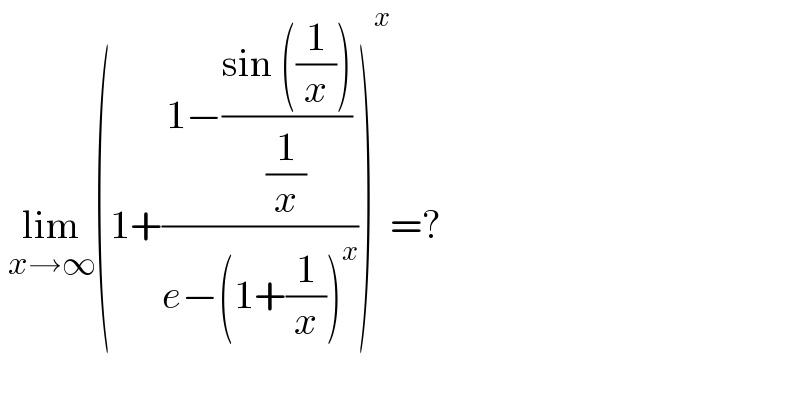
Question and Answers Forum
Question Number 154776 by john_santu last updated on 21/Sep/21

Commented by mathdanisur last updated on 21/Sep/21

| ||
Question and Answers Forum | ||
Question Number 154776 by john_santu last updated on 21/Sep/21 | ||
 | ||
Commented by mathdanisur last updated on 21/Sep/21 | ||
 | ||